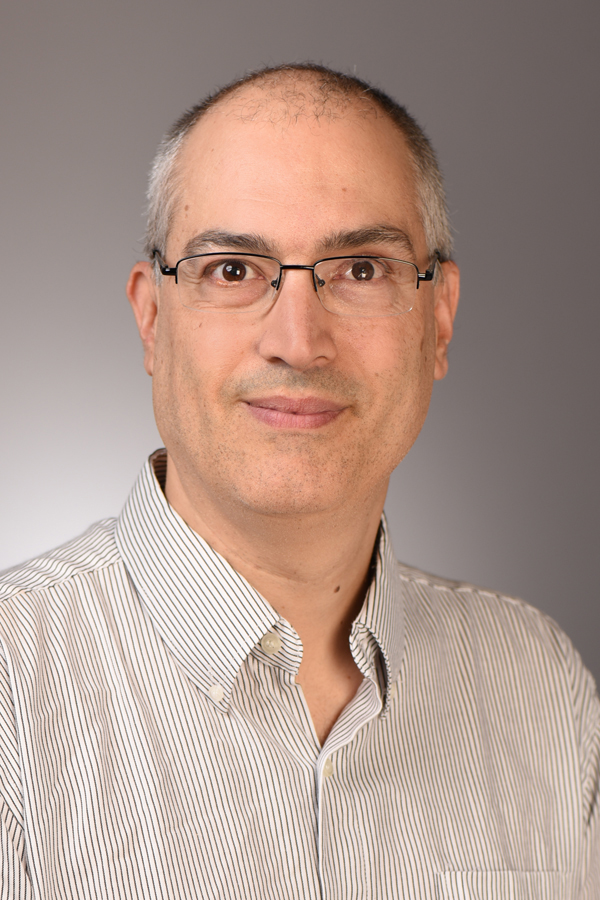Highlights from this week’s conversation include:
- Leo’s background and passion for dental health (1:48)
- The state of oral health for older adults (9:03)
- Changes in our mouths as we age (17:22)
- Normal changes in teeth and gums with aging (19:17)
- The impact of access to dental care on oral health (26:31)
- The importance of dental appointments for individuals with health issues (33:47)
- The need for dental care in nursing homes (40:12)
- The importance of preventive measures (46:55)
- Final thoughts and takeaways (50:00)
Abundant Aging is a podcast series presented by United Church Homes. These shows offer ideas, information, and inspiration on how to improve our lives as we grow older. To learn more and to subscribe to the show, visit abundantagingpodcast.com.

